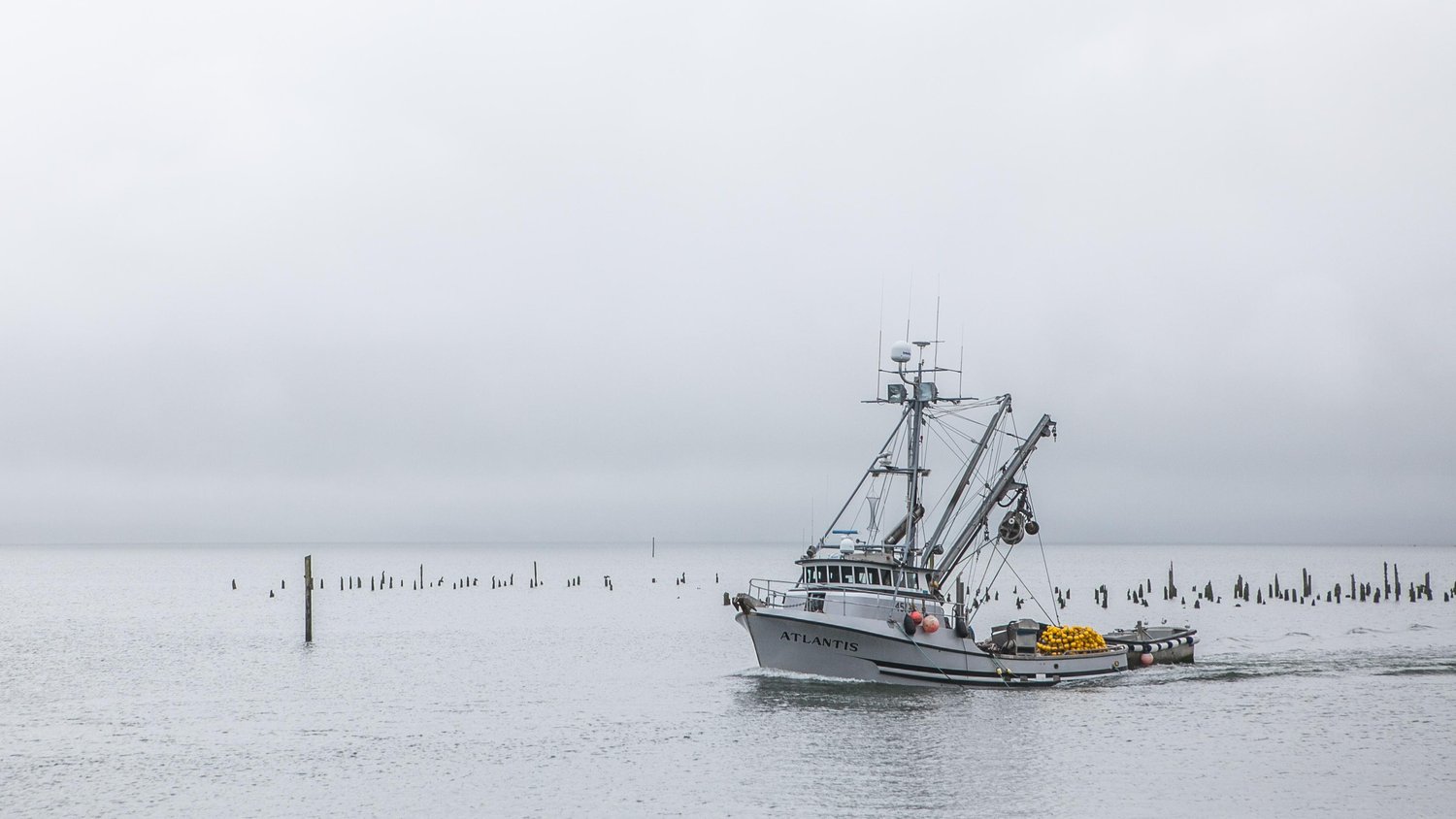At the same time, scientists at the University of Washington and The Nature Conservancy’s Washington and Oregon state chapters set out to assess similar themes and consider the vulnerability of coastal communities to climate change. The first of several anticipated papers from this project describes work done with PFMC to understand how fishery managers think about coastal community wellbeing.
The paper, entitled “Perspectives on managing fisheries for community wellbeing in the face of climate change,” presents the results of a study using a social science method known as Q methodology that can elucidate common perspectives held within a group. Members of the PFMC advisory bodies were presented with thirty-six statements describing environmental, social, or policy conditions that may support or improve coastal community wellbeing and then asked to rank the statements from what they considered to be the highest to lowest priority. Three main thought groups emerged, representing different perspectives on what is most important when it comes supporting coastal community wellbeing:
-
Collaboration – there can be a lot of conflict in the fisheries management space, which can be exacerbated by issues like climate change by adding stress to fish and human populations. This group prioritized better working relationships between groups like recreational and commercial fishers, and the conservation community. They also believe the industry should do a better job engaging the public through education about the sustainability of fisheries and strengthening the markets to sell fish directly to consumers.
-
Fisher adaptive capacity – this group focused on providing individual fishers the flexibility and support they need to adapt to changes in fisheries, and to keep the industry attractive for the next generation of fishers. This includes keeping coastal communities affordable for fishers and providing financial support during poor fishing seasons.
-
Climate change – while fisheries are already experiencing the impacts of climate change, there are different issues that can feel more pressing for many in the industry. However, this group identified climate change broadly as their top priority. Specifically, focusing on climate adaptation and mitigation for threats that impact coastal communities even outside fishing, like preparation for coastal hazards.
While managers share the common goal of thriving and sustainable fisheries and fishing communities, their views about the best pathway to get there can shape their decision-making with regards to fishery policies. The hope is that daylighting these perspectives can provide clarity to areas of disagreement and highlight shared objectives. The additional components of this research include the perspectives of fishers regarding the impacts of climate change, and an in-depth look in the variability of climate vulnerabilities of fishing communities, both of which are soon to be published and shared with PFMC.
Nelson, L., Bogeberg, M., Cullen, A., Koehn, L., Strawn, A., & Levin, P. Perspectives on managing fisheries for community wellbeing in the face of climate change. Maritime Studies (2022). https://doi.org/10.1007/s40152-021-00252-z
Featured image: The Port of Ilwaco, located at the mouth of the Columbia River in Ilwaco, Washington. Photo credit: © Erika Nortemann


